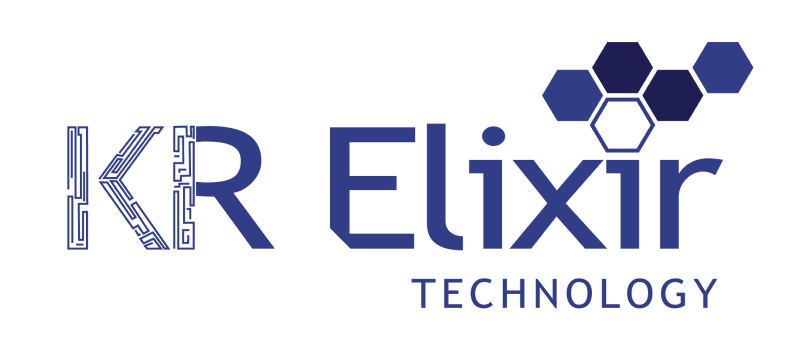As per valid reports, the Big Data industry will be worth an estimated $77 billion by 2023. Data is your corporate’s greatest asset and not utilizing it to its best potential can make you lose money and a lot of opportunities. With trustworthy structured data, executives can make reliable and precise decisions for the upliftment of their organizations. In today’s blog segment, KR Elixir Technology will talk about two common terms associated with Big Data – Data Integrity and Data Quality. For more information on the subject, continue reading below.
Big Data – Crucial Takeaways
- 80-90% of the data we generate today is unstructured. (Source: CIO)
- The market of Big Data analytics in the banking sector could rise to $62.10 billion by 2025. (Source: Soccer Nurds)
- Big Data has created 8 million jobs in the US alone and 6 million more worldwide. Netflix saves $1 billion each year on customer retention by incorporating Big Data. (Source: Statista)
- 95% of businesses cite the need to manage unstructured data as a problem for their business. (Source: Forbes)
- The ratio between unique and replicated data will be 1:10 by 2024. (Source: IDC)
- It would take a person approximately 181 million years to download all the data from the internet. (Source: Unicorn Insights)
- Data interactions went up by 5000% in 2010-2020. (Source: Forbes)
- Data creation will grow to more than 180 zettabytes by 2025. (Source: Statista)
Data Integrity
Data Integrity evaluates the completeness, accuracy, relevancy, and consistency of data throughout its lifecycle. In simple terms, data integrity describes the validity of your data so that you can use the same to your organization’s advantage. Maintaining Data Integrity is important as it ensures the searchability, performance, accuracy, and traceability of the data to its original source. Here are 4 pillars of Data Integrity as mentioned below.
- Data Integration: To combine data from various sources into a centralized data warehouse for a single and unified view.
- Data Quality: To assess the completeness, uniqueness, validity, and consistency of the data sets for precise decision making.
- Location Intelligence: To enhance data by adding geospatial insights for understanding customer behavior better.
- Data Enrichment: To add trusted third-party data for increasing the worthiness of data.
Data Quality
Data Quality is the subset of Data Integrity and concerns itself only with the reliability and usefulness of data. In simple words, data quality ensures that the data meets the standards and serves the requirements of the respective organization. Here are 6 pillars of Data Quality as shown below.
- Accuracy: To determine if the given data is free of incorrect information.
- Completeness: To ensure if the said data fulfills the expectations of comprehensiveness.
- Consistency: To represent data in a standard format throughout the dataset.
- Timeliness: To check if the data is up-to-date or not.
- Validity: To confirm whether the data adheres to the business regulations.
- Uniqueness: To rectify duplicities in data.
Data integrity and quality are critical aspects of any successful corporation. Bad data can make you lose dollars as well as golden business opportunities. One study conducted by Gartner reveals that about 40% of enterprise data is either inaccurate, incomplete, or unavailable, thus, making businesses fail in achieving their desired data-driven goals. Let KR Elixir Technology take care of your data. Enable absolute Data Transformation via our smart data services to foster business advancement. To learn more, visit Data Solutions. Get started with 360° Data Modernization by connecting with us today.





